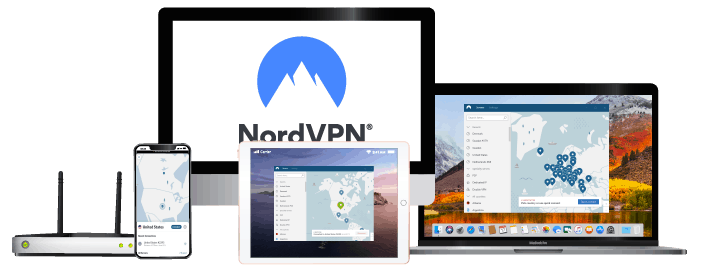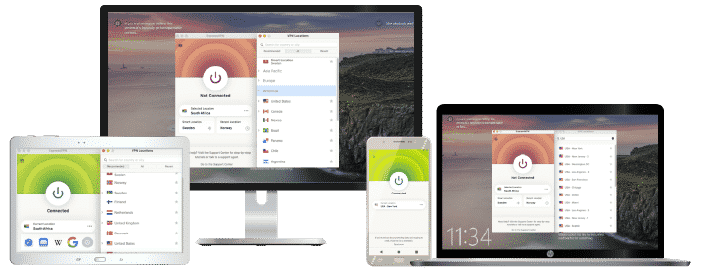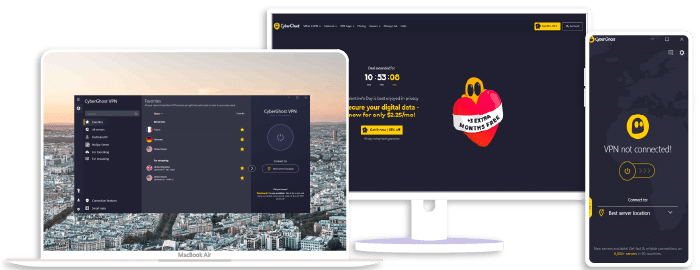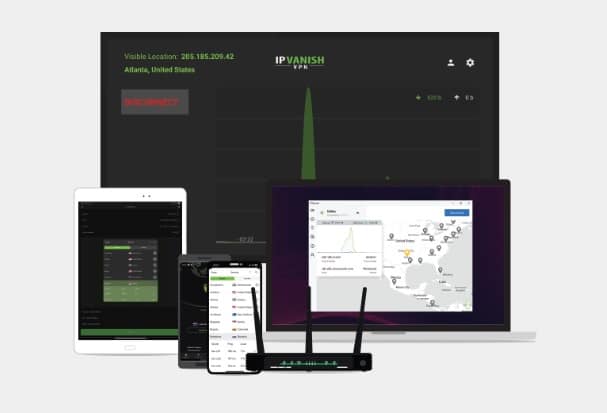What to Know About VPN Termination
We’ve all heard of VPNs, but what happens when the connection ends? That’s a question I often get asked, and it’s time we dived into the nitty-gritty of VPN termination. It’s not as complicated as it sounds, but understanding this process can drastically improve your online privacy and security.
In layman’s terms, VPN termination occurs when your VPN connection is ended or interrupted. This could be done manually by you, or automatically due to some sort of network disruption. With popular services like ExpressVPN, NordVPN, or Surfshark, they’ve got built-in kill switches that halt internet traffic if the VPN connection drops unexpectedly.
Why does this matter to you? Well, let me put it bluntly, without proper termination procedures in place by your chosen VPN provider (yes I’m referring to the likes of ExpressVPN and Surfshark here), your data could be exposed in those few seconds between disconnection and reconnection. So let’s dive deep into what you ought to know about this critical aspect of using a Virtual Private Network.
NordVPN
Overall score: 9.6
- Incredibly fast servers
- Great security features
- Verified no-logs policy
- Unblocks streaming platforms
30-Day Money-Back Guarantee!
ExpressVPN
Overall score: 9.8
- Super-fast servers
- AES 256-bit encryption
- Supports private protocol, Lightway
- Money-back guarantee
30-Day Money-Back Guarantee!
Surfshark
Overall score: 9.5
- Allows unlimited simultaneous connections
- Integrates Stealth mode
- Multihop feature available
- 3,000+ servers
30-Day Money-Back Guarantee!
CyberGhost
Overall score: 8.8
- 45-day money-back guarantee
- 7,000+ reliable servers
- Strict no-log policy
- Tough security features
30-Day Money-Back Guarantee!
IPVanish
Overall score: 9.4
- Speedy servers
- AES 256-bit encryption
- Offers a 7-day free trial
- Unblocks restricted platforms with ease
30-Day Money-Back Guarantee!
Understanding VPN Termination
Before we dive into the deep end, let’s first understand what a Virtual Private Network, or VPN for short, really is. In simple terms, it’s a secure connection over the internet that protects your online privacy. Now, the big question: what exactly is VPN termination? Well, I’m here to explain it all.
VPN termination refers to the point where this secure tunnel ends and your data returns to its normal state. Think of it like exiting a highway; you’ve been driving along in your own private lane (the VPN), but eventually, you need to get off at an exit (the termination point) and join regular traffic again.
If you’re familiar with popular services like ExpressVPN, NordVPN or Surfshark, then you’ll likely know that these providers offer tools allowing users to decide where their VPN terminates. Why does this matter? Because deciding on your termination point can impact both security and internet speed.
Let me break it down:
- Security: By choosing to terminate your VPN in countries with strong cyber laws, you upsurge the protection of your data.
- Internet Speed: Terminating in locations closer to home often results in faster connections due to less distance for data travel.
Here are some key things about VPN terminations that anyone should know:
- The location of the server – It impacts not only connection speed but also access to geo-restricted content.
- Security protocols – They determine how strong the encrypted tunnel is.
- Data logging policies – You’d want a provider who doesn’t store any identifiable information once the session ends.
Choosing where and how you terminate may require some thought, depending on what matters most: whether it’s maintaining high-speed connectivity or ensuring maximum security for sensitive tasks such as banking or sending confidential emails.
Remember, using trusted providers like ExpressVPN, NordVPN or Surfshark can make managing VPN terminations easier while providing robust options for enhanced online security and privacy management.
The Impact of VPN Termination on Your Online Security
When I first started using a Virtual Private Network (VPN), I was amazed at the level of security and privacy it provided. But, what happens when your VPN connection suddenly terminates? It’s not something we often think about, but it has significant implications for our online safety.
If you’re like me, you’ve probably used ExpressVPN, NordVPN, or Surfshark to protect your online activities. Let’s take a closer look at the impact of VPN termination on your virtual safety.
If a VPN disconnects unexpectedly, it exposes your real IP address and personal information to the world. This is called an IP leak. Suddenly, all those prying eyes can see what they weren’t supposed to: your browsing history, transaction details, passwords – everything!
So when ExpressVPN or any other VPN service drops its connection without warning:
- Your real IP address becomes visible
- Sensitive data could be exposed
- Potential malicious attacks increase
Let’s say you’re connected through NordVPN and there’s an abrupt disconnection; within seconds, your system defaults back to using unprotected internet connections. Meaning that during this period of instability, any sensitive information sent across such connections is vulnerable.
It gets even worse if you’re in a country with strict internet censorship rules, or if Surfshark cuts off while you’re doing something as innocent as streaming content not available in your region.
Remember how I said earlier that I admired how secure my data felt with a VPN? Well, this situation completely flips the script! It’s essential then that we understand the importance of kill switch features offered by most premium services like ExpressVPN, NordVPN or SurfShark.
A kill switch immediately halts all internet activity whenever there’s an unexpected disconnection from the VPN server, ensuring:
- No accidental exposure of actual IP address
- Protection against sudden data leaks
- Continued defense against potential threats
In conclusion (although we rarely think about it), terminating our encrypted tunnel can have severe consequences for our online security. So let’s make sure we’re aware of these implications and always use reliable services equipped with adequate security measures like kill switches when connecting through a VPN.
Conclusion: Navigating the Aftermath of VPN Termination
The aftermath of VPN termination can present a maze. Yet, I’m here to guide you through it. Let’s first understand one thing; it’s not the end of the world.
When your VPN, be it ExpressVPN, NordVPN or Surfshark gets terminated, you’re not left entirely defenseless online. It might feel a bit like stepping out without an umbrella in a light drizzle, uncomfortable but manageable.
There are other ways to achieve online anonymity and protection after all:
- Use alternative VPNs: There are many fish in this sea. If one fails, others can do just as good if not better job.
- Utilize Proxy Servers: They can provide some level of anonymity, though not as robust as a full-fledged VPN.
- Tor Browser: It provides solid anonymity but at the cost of speed.
Remember when I said you’re not defenseless? Here’s why, most top-tier VPN services including ExpressVPN, NordVPN and Surfshark have kill switches built into their software. What does that mean? Well, if your VPN connection abruptly ends or is terminated for any reason, these kill switches automatically cut off your internet connection, preventing sudden exposure of your IP address or personal data.
Now let’s talk about “why” part. Why did your VPN get terminated? Understanding this will help prevent future terminations:
- Billing issues – make sure credit card details are up-to-date
- Breach of TOS (Terms Of Service) – read these thoroughly before using any service
- Technical glitches – usually temporary and resolved with customer support assistance
In summary, navigating the aftermath of a VPN termination isn’t as daunting as it may initially seem. There are alternatives available for maintaining privacy and security online, even when your go-to choice hits a snag.
Just remember: don’t panic! The digital world is far from over because one tool got temporarily misplaced from your toolkit.









